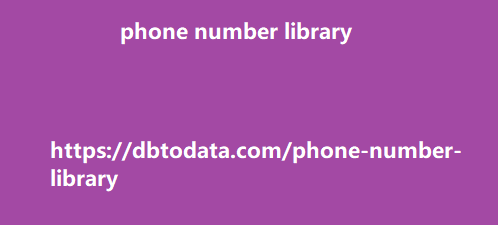How does SEO work? Let us say that you needed some information on retargeting marketing, so you type in the query “What is retargeting marketing?” on Google. There are a couple of websites that show up to answer your query, and you notice that Website pleasant user experience. Website B however, even if your user experience there is also pretty smooth, it also doesn’t really answer the question you posed (in fact, it’s just trying to sell you something). For Google, it would make more sense to rank Website A as it is the one that gives the user most what they need.
This is the simplest way to explain it of
course, as there are over 200 ranking factors that Google uses in their algorithm. How long does it take for SEO to work? Truthfully, SEO can take a while to work. It all depends on a lot of factors including how much content and optimization you work into your website right out of the gate. Ranking at the top of Google is no easy feat under any circumstances, but with SEO it can take around 4-6 months to feel the effects. We at SEO Hacker stand by the idea that SEO is a long-term investment, especially because SEO isn’t just about reaching the top spot at the SERPs, it’s also about staying there.
Going back to our “SEO Philippines”
keyword, we can proudly say that we have been ranking #1 for more than a decade. That is what you want to achieve when you do your own SEO. Understanding search engines Google A search engine is a web service that searches for information online and pulls up the relevant web pages into a collection of Search Engine Results Pages or SERPs. They help to minimize efforts to find information and help to find the best ones more easily. For example, imagine if you have to learn about email marketing for your work. Without a search engine, you would have so much difficulty finding information on the internet as there is no one service that would bring the necessary information to you immediately.
Most likely there won’t even be any information
online about email marketing because people won’t give the time and effort to create web pages that would remain stagnant due to the lack of visitors. A search engine has three main functions: index, retrieve, and rank. Index When you own a website, you know it’s all code. The web browser’s function is to display those codes in a format that is friendly to human eyes. For example, here’s the code version of my last blog post: 10 Types of Digital Marketing Channels code Read: 10 Types of Digital Marketing Channels to Try [In 2022] That’s why meta tags are actually read by search engines even if they don’t appear on an HTML browser.
Because it’s part of the code. And the search
spiders crawl the code, not the brazil phone number library browser display. As I mentioned earlier, one of the search engine’s main functions is to index a website. Search engine spiders do most of this work. All the code in your website has to be read in order for it to be indexed successfully. If it’s not read well, it will show up distorted in Google’s database which we can see through its cache on the search results. Retrieve Retrieval is basically when the search engine gets a query, looks over its index database and regurgitates whatever is relevant to the search terms (or keywords).
It is a critical function of the search engine for
us end-users because this is what we use search engines for. When you make a search query, the search engine goes through all its data in its index database and looks for the keywords matching your search query. When it has found all the relevant ones, it will retrieve it out of its database and proceed to rank it before releasing it to you. Retrieval is critical because some search engines still read meta tags such as your meta description during its retrieval process—though it is not used for ranking nor does it affect ranking in any way.
Still, it has some bearing on the SERPs when
it gives you the result. All search the search intentions they want engines retrieve data the same way. It’s the ranking where they differ. Rank Why Google is the foremost search engine in our generation today is because of their superb ability to remove spam and unrelated results in their SERPs. They filter it out in their index and make sure that spam and other least-related websites and information are filtered out to rank last—or worse, sandboxed. Note: Google never confirmed the existence of the Sandbox, but experience says otherwise. Google’s ranking system is composed of algorithms that look at 200+ factors that we can put in three major categories (that we will break down later): On-page factors Off-page factors Technical factors These three categories are then computed by Google to gauge how high a webpage’s page rank or authority score is.
Page ranking is how Google gauges your
website’s authority and reputation. A powder data ebpage with a high page rank value is deemed more important and therefore it is more likely to rank higher than those with lower page rank. Google had a patented version of PageRank that was treated by SEO practitioners before as the single most important factor in ranking. Now, it’s different. Although PageRank still can let us know how important a link would be if it came from a domain with a high authority score.

